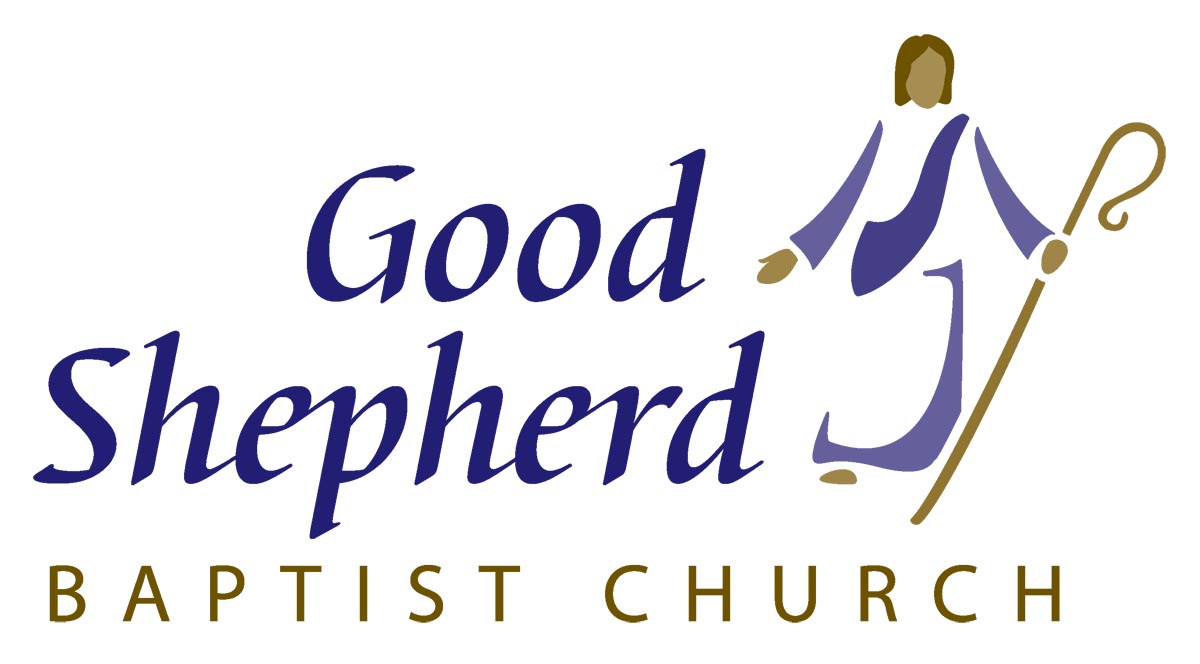Jennifer Drury, May 5
This week, I read in our school district newsletter that Tim’s Wolfe’s fourth-grade class at Arrowhead Elementary did some research on the totem pole which is planted on their school grounds. They discovered that it had been purchased from Ye Olde Curiosity Shop in 1966 and was incorrectly attributed to the Haida tribe. After some digging, they connected with the artist’s grandson, Eagleson Williams, who is also a carver. Learn more about the William’s family here. The totem pole will be returned to his family, and he will carve a new one that tells a story that relates to the school. The school will raise funds to cover the cost of the new pole. What an incredible learning experience for these students and a wonderful way to connect to the history of the place in which they live and the descendants of the original people.
At a recent social studies conference I attended, a Spokane tribesman, Warren Seylor, urged teachers to contact their local tribes to make opportunities to create these relationships and help students understand that the history and culture of the indigenous people is alive and dynamic. Today tribes are working closely with our state government, for example, to improve the habitat and survival of salmon. We cannot undo the mistakes of the past, but we can learn from them, and actively work on our relationships with Native peoples today. Mr. Seylor told us a story that was passed down from his Coeur d’Alene Indian grandmother to explain why they did not at first fight against White settlers. She taught him that there was a prophesy in their culture which predicted that a man in a black robe with crossed sticks hanging from his neck would come to them. A prophesy from the other side of his family predicted that there would be men with talking leaves (the Bible). He went on to say, that what they did not tell them was that not everyone would follow the words in the Book. History is so complicated because it is the story of humans. I remember when I was in my mid-twenties, I took a Pacific Northwest history course, and our professor took us on a field trip to the Makah reservation. We met an old Indian woman who was a very devout Christian. I was so confused. How could she embrace a religion that had caused so much trauma to her people? Since then, I have met other Christian Native Americans. I assume many of them have struggled with their faith at times, but they’ve managed to get past human sin and see the beauty and power of God. Let’s embrace the complexity of history and humanity. Rather than cling to stereotypes or whitewash the past to make it comfortable and easy to understand, let’s delve into the mystery of humanity and faith in all its messiness and wonder.
